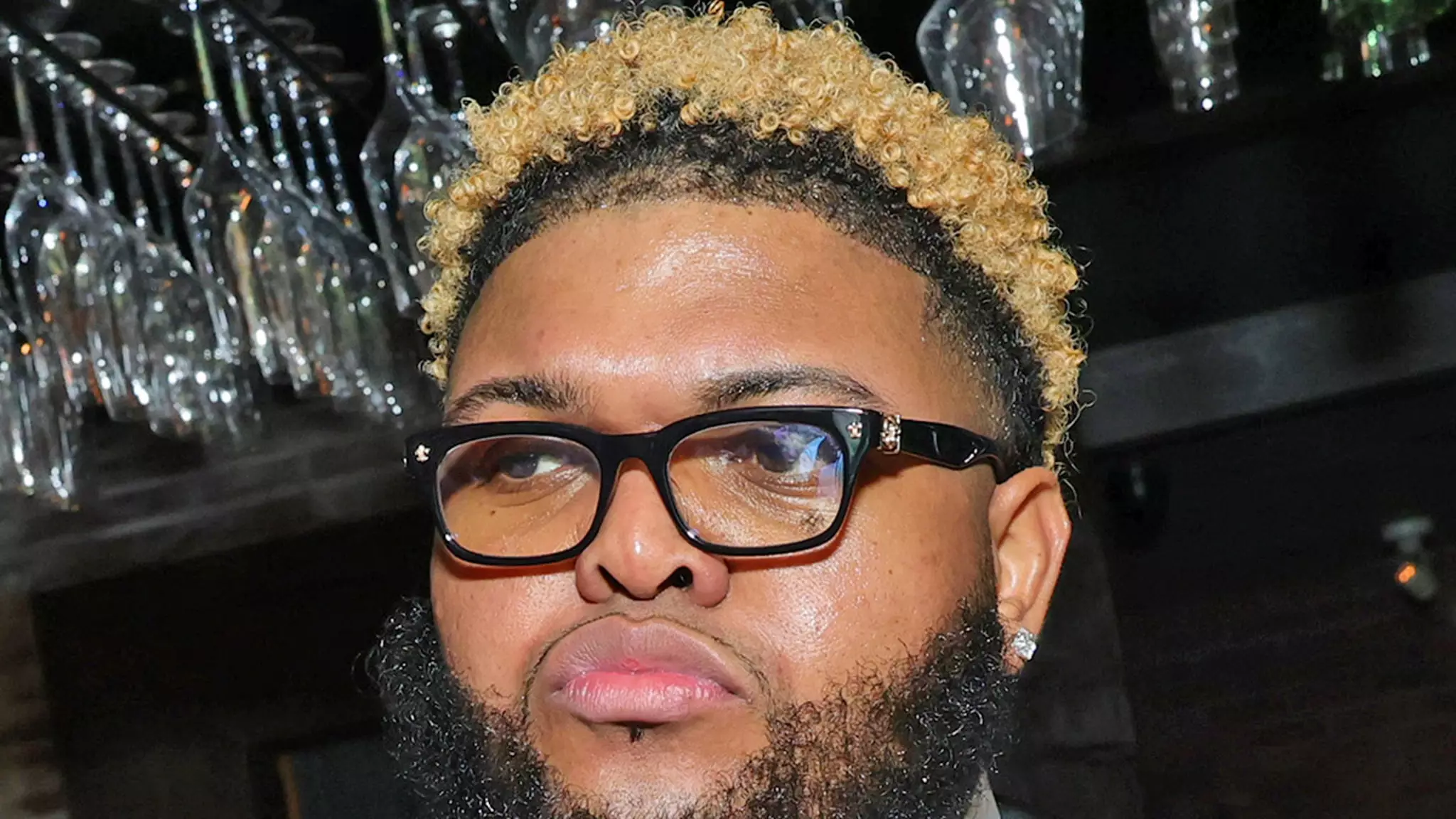In a world where a single accusation can tarnish reputations and alter lives, comedian and actor Druski is taking a resolute stand against allegations that challenge his character and integrity. Recently, Druski found himself embroiled in a serious legal battle after being accused of rape by Ashley Parham. However, rather than backing down, he is resolutely pushing back, insisting that the truth be unveiled through a meticulous examination of the evidence. The comedian is not just targeting his accuser; he is directing his ire toward Parham’s legal team for what he perceives to be a failure in due diligence.
Concrete Evidence or Baseless Claims?
Druski’s defensive strategy relies heavily on tangible evidence that he claims exonerates him. Documenting specific instances, he presents a federal filing filled with records that reveal his whereabouts during the alleged incident on March 23, 2018. At a time when he was an unknown individual working as a waiter, the existence of phone records showing all calls originating from Georgia and gas station transactions clearly illustrate that he was far removed from Northern California. These meticulous details offer a glimpse into a broader narrative about accountability and the repercussions of false accusations, especially on public figures striving to carve their niche in the entertainment world.
Holding Attorneys to a Higher Standard
What raises eyebrows in this contentious saga is Druski’s insistence that Parham’s attorneys, Ariel Mitchell and Shawn Perez, failed to conduct adequate vetting before pursuing the allegations. This claim highlights a pivotal aspect of civil litigation: the responsibility of legal representatives to thoroughly investigate claims before putting them forth. As Druski’s filing suggests, he is not just defending his name; he is sending a clarion call for enhancements in accountability standards among legal professionals. The public deserves a system that not only protects individuals from unfounded accusations but one that also holds counsel accountable for their conduct in legal proceedings.
The Cost of False Allegations
In the era of social media and instantaneous public opinion, allegations can quickly become a public relations crisis with long-lasting effects. Druski’s case serves as a stark reminder of the devastation that can arise from unfounded claims. The reputational damage, potential loss of career opportunities, and lingering societal stigma associated with such allegations can haunt individuals indefinitely. By seeking to dismiss the lawsuit and pursue sanctions against the attorneys involved, Druski is implicitly advocating for an environment where the truth has the ultimate power, rather than baseless claims fueled by speculation or malice.
Public Discourse on Accountability
This confrontation between Druski and his accuser opens the door to a broader societal discourse about the implications of false allegations. The legal system must balance the protection of alleged victims with the necessity of ensuring that defendants are afforded justice and fairness. Druski’s actions could serve as a pivotal case in exemplifying the need for clearer boundaries in this emotional and charged realm, creating a discourse aimed at refining the very processes that govern claims of this nature. In doing so, he could contribute significantly to shaping the landscape of how such serious accusations are addressed in the future.

